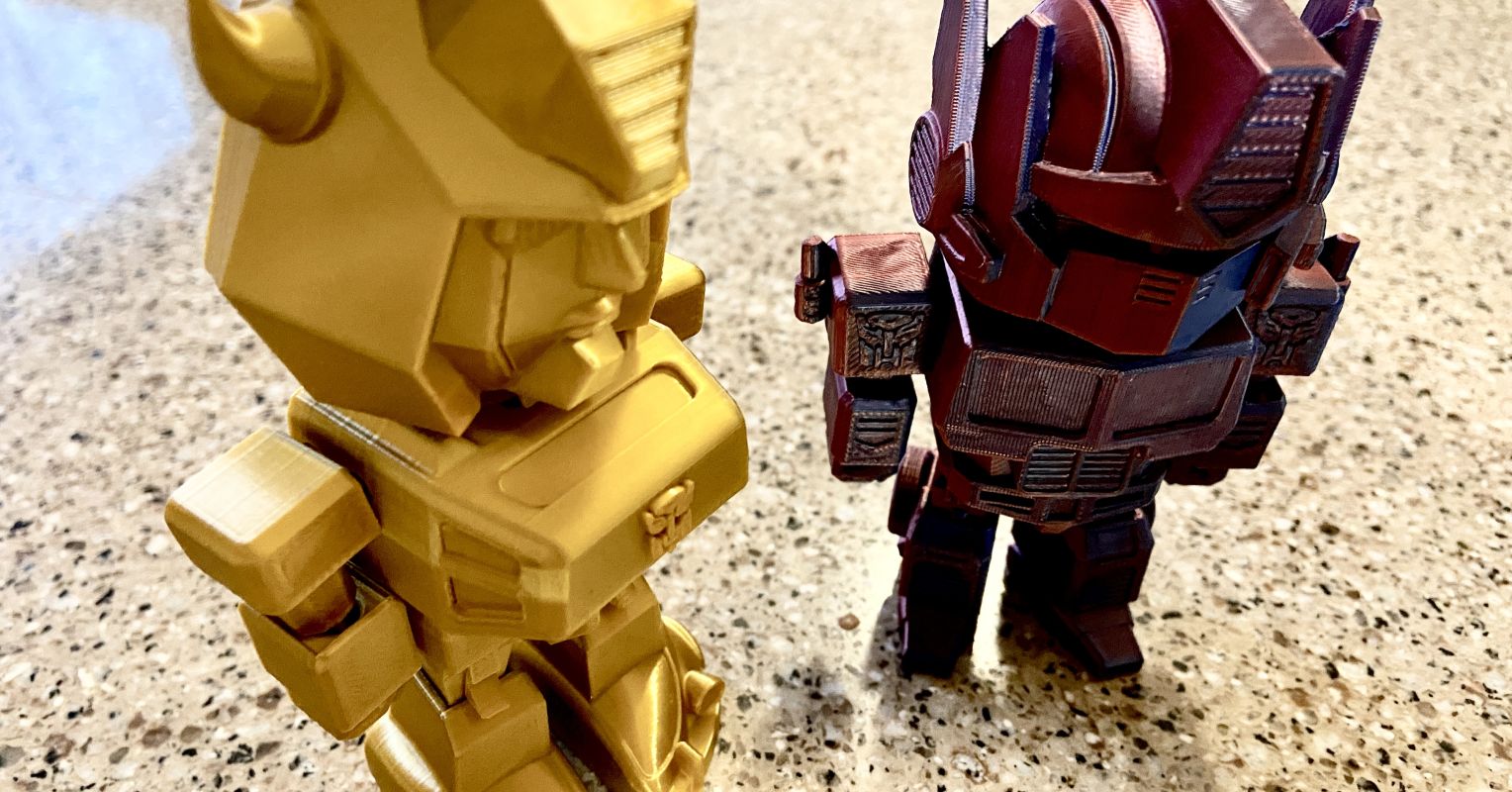
"We have been built to play, with pleasure as the reward. Playing over a lifetime makes us stronger, more interesting, and more understanding."
"Few would regard a barbell squat as play. Yet, activities like hula-hooping and skiing enhance our strength and balance without the perception of exercise."
"No toddler sets out to learn language by playing. However, playful interactions significantly develop their verbal skills and innate talent for language."
"Playful exchanges like peek-a-boo initiate language development, helping children learn through rhythm and rhyme while creating joyful connections with caring adults."
The article discusses the intrinsic benefits of play in enhancing both physical capabilities and cognitive growth. Through playful activities, individuals unknowingly develop strength and skills, such as improved core stability from hula hooping and enhanced verbal intelligence from engaging games like peek-a-boo. It emphasizes that while activities like cycling and skiing contribute to physical fitness, they are often pursued for pleasure rather than exercise. Play is portrayed as a natural and enjoyable way to grow stronger, more interesting, and more empathetic throughout one's life.
Read at Psychology Today
Unable to calculate read time
Collection
[
|
...
]